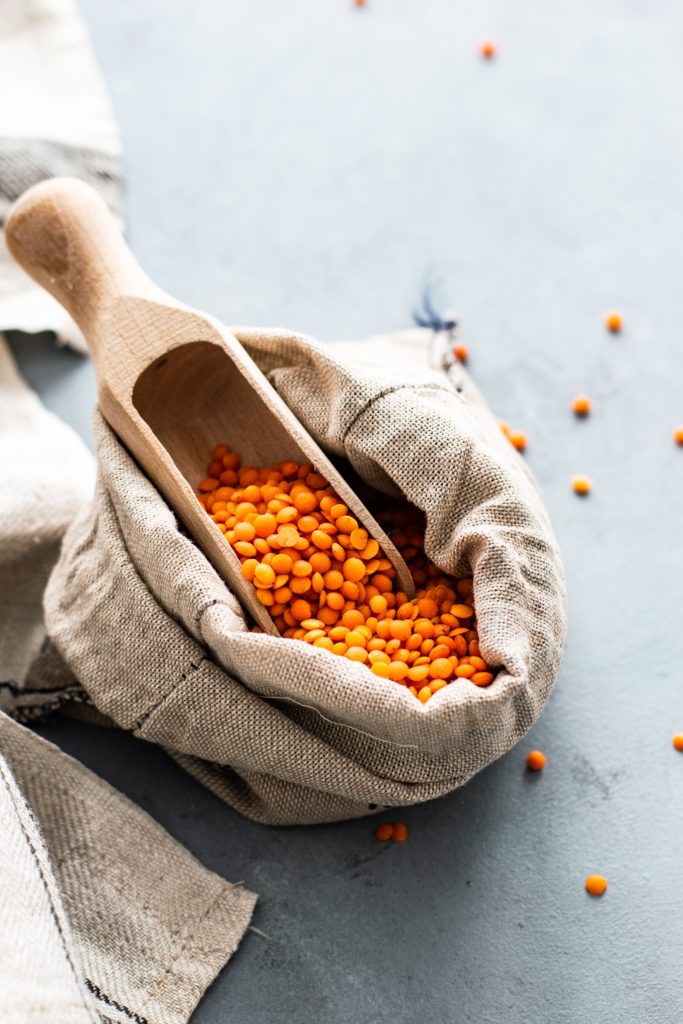Mediterranean Protein Guidelines for Overall Health
go.ncsu.edu/readext?633294
en Español / em Português
El inglés es el idioma de control de esta página. En la medida en que haya algún conflicto entre la traducción al inglés y la traducción, el inglés prevalece.
Al hacer clic en el enlace de traducción se activa un servicio de traducción gratuito para convertir la página al español. Al igual que con cualquier traducción por Internet, la conversión no es sensible al contexto y puede que no traduzca el texto en su significado original. NC State Extension no garantiza la exactitud del texto traducido. Por favor, tenga en cuenta que algunas aplicaciones y/o servicios pueden no funcionar como se espera cuando se traducen.
Português
Inglês é o idioma de controle desta página. Na medida que haja algum conflito entre o texto original em Inglês e a tradução, o Inglês prevalece.
Ao clicar no link de tradução, um serviço gratuito de tradução será ativado para converter a página para o Português. Como em qualquer tradução pela internet, a conversão não é sensivel ao contexto e pode não ocorrer a tradução para o significado orginal. O serviço de Extensão da Carolina do Norte (NC State Extension) não garante a exatidão do texto traduzido. Por favor, observe que algumas funções ou serviços podem não funcionar como esperado após a tradução.
English
English is the controlling language of this page. To the extent there is any conflict between the English text and the translation, English controls.
Clicking on the translation link activates a free translation service to convert the page to Spanish. As with any Internet translation, the conversion is not context-sensitive and may not translate the text to its original meaning. NC State Extension does not guarantee the accuracy of the translated text. Please note that some applications and/or services may not function as expected when translated.
Collapse ▲The 2019 US News and World Report diet rankings rated the traditional Mediterranean diet as the Best Overall and Best Heart-Healthy Diet. According to the Mediterranean way of eating, modifying your protein sources may be the most impactful dietary change you can make.
The traditional Med way of eating is plant-forward, meaning that foods originating from plants are chosen most often. Foods from animal sources are also included, as they are important for some essential minerals and vitamins, such as B12. Recommendations include:
- Increase your plant protein, such as beans, nuts, and seeds. Canned beans are an easy and inexpensive protein, and dried beans are even more economical.
- Choose white meat poultry. Dark meat may be eaten occasionally.
- Eat fish 2 – 3 times per week, making at least one serving a high-fat fish such as salmon. Purchasing fish on sale and canned fish are budget-friendly options. Choose low mercury fish that is sustainably harvested. Seafoodwatch.org provides information on sustainability, and fish that are smaller in size typically contain less mercury.
- Have up to 2 servings of low-fat dairy daily and up to 7 eggs per week.
- Choose lean cuts of beef, pork, and lamb and limit consumption.
- Limit or eliminate highly-processed meats, such as cold cuts and bacon.

Eat fish 2 – 3 times per week, making at least one serving a high-fat fish such as salmon. Purchasing fish on sale and canned fish are budget friendly options. Choose low mercury fish that is sustainably harvested. Seafoodwatch.org provides information on sustainability, and fish that are smaller in size typically contain less mercury.
Medinsteadofmeds.com hosts the science behind these recommendations along with recipes to help make the changes easy and delicious. To increase your plant protein, lentils are a great bean to start with. They don’t require soaking, take less time to cook than other beans, and are more easily digested. This veggie-packed, hearty lentil soup is perfect for a cool autumn day.
Lentil Vegetable Soup
Ingredients
- 1 ½ tablespoons olive oil
- 1 small chopped onion
- 2 stalks chopped celery
- 3 medium or 5 small chopped carrots
- 2 minced garlic cloves
- 6 cups chopped cooking greens (spinach, chard, kale, collards, or a mixture)
- 2 tablespoons tomato paste
- 2 teaspoons red wine vinegar
- 2 teaspoons brown mustard
- 2 bay leaves
- 1 teaspoon salt (optional)
- ½ teaspoon black pepper
- 1 cup dark green or other lentils
- 6 cups water
- 1 cup grated Parmesan cheese (optional)
Directions
- Place olive oil in a soup pot over medium-low heat and add onions, celery, carrots, garlic, and bay leaves.
- Sauté for 15 minutes, stirring occasionally.
- Mix in tomato paste and salt. Add water and lentils and turn heat to high. Bring to a boil and then lower heat to a simmer for 30 minutes.
- Stir in the greens, vinegar, mustard and pepper and simmer for 15 – 20 minutes, depending on the heartiness of the greens chosen. Discard bay leaves and ladle into soup bowls.
- Top with cheese.
Serves six.





